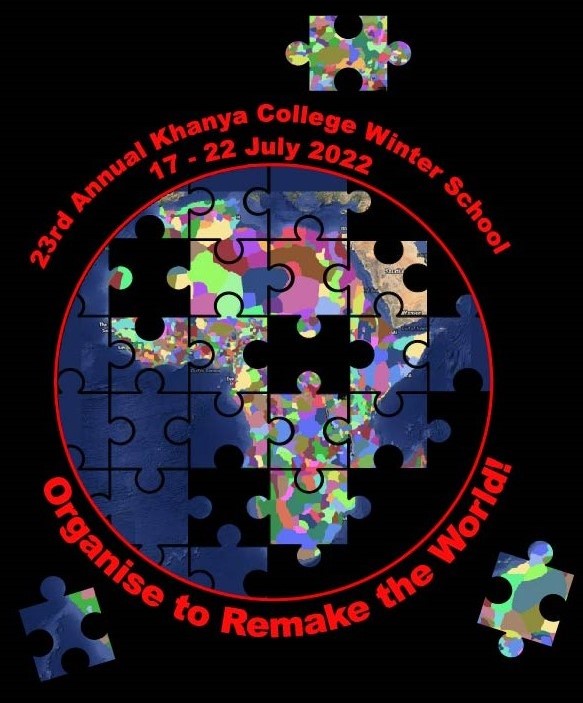This session required participants to brainstorm about the problems facing South Africa today and the causes of those problems.
Before the plenary, comrade Searatoa van Driel, asked the participants to think about a statue featuring all the members in each group to show these problems without verbalising their ideas. It quickly became evident that there was a common understanding of the nature of the problems capitalism breeds in South Africa.
Most of the groups said that the problems facing South Africa are gender-based violence (GBV); the proliferation of drugs into the working-class communities and deepening poverty. Other issues that featured a lot are the crisis of unemployment, especially among the youth. This detail was acutely felt in all the statues and scenes that the groups produced after the brainstorming exercise. The problems that featured less strongly were regard to a lack of accountability where government officials are concerned. One participant told the audience that a big problem in South Africa is patronage and nepotism, as well as – through the scenes acted out by the groups – bribery as part of ways to secure employment.
Insightfully, the participants linked GBV to a heightened abuse of substances and alcohol in particular while others brought our attention to the occurrence of trauma and depression among youth.
A video of comrade Oupa Lehulere, was played. In the four-minute-long video clip, Lehulere makes a brief and concise dissection of how, perhaps why, capitalism in South Africa is hopelessly racist. Lehulere could be heard in the video telling the listeners that capitalism in South Africa “needs the Blacks* to remain poor, pointing out that while 34 miners were killed in Marikana for demanding a small wage of R12 500 per month out of the billions of Rands capitalist mine bosses make out of the metal the workers produce; in Australia miners producing platinum earn much more than those in this country.
The last part of the session the participants read We Are All Marikana! The paper was originally done as a statement by the ‘We Are All Marikana’ Platform, and as a response to the Marikana massacre on 16 August 2012. The paper positions the hacking down of workers in Marikana within the context of a long history of violence against the dominated classes in South Africa, by the ruling classes.
This article was submitted as part of the Imbila Yesu publication produced daily for the duration of the Winter School in 2022 (17-22 July 2022). It appeared in Edition 1, released on 19 July 2022.
You may republish this article, so long as you credit the author and Karibu! Online (www.Karibu.org.za), and do not change the text. Please include a link back to the original article.


 Download PDF
Download PDF